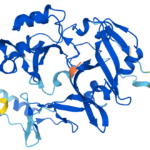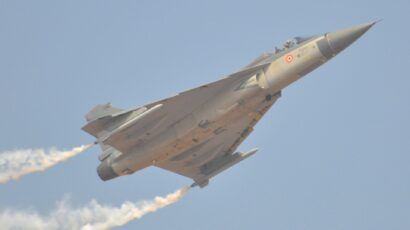To catch a drone: Pyeongchang casts a wary eye upward
By Lucien Crowder | February 1, 2018
 Security is always a big deal at the Olympics.
Security is always a big deal at the Olympics.
When, in just eight days, the Winter Olympics get under way, the world will react as it always does. Canada’s national frenzy for hockey will reach a quaking crescendo. Baffled janitors exposed to curling will remark that nobody gives them gold medals for sweeping. NBC will strictly limit its coverage of sporting events, allowing ample time for profiles of obscure bobsledders whose little sisters battled (and beat!) childhood leukemia. Pulses will quicken; hearts, as commanded, will warm.
Then again, nihilists with drones could attack Olympic athletes. Psychopaths with drones could bomb Olympic venues. That’s why the Pyeongchang Olympics Anti-Terrorism and Safety Headquarters has announced that “drone-catching drones” will be deployed to cast nets over any suspicious aircraft that approach Olympic sites. South Korean SWAT teams, meanwhile, have readied themselves to shoot suspicious drones out of the sky.
Maybe preparations such as these will dissuade sadists and sickos from reconfiguring children’s toys into instruments of death. Maybe not. In that case, maybe “good” drones will outperform “bad” drones so that no spectators get hurt while suffering through skeleton competitions. Maybe in the age of commercially available unmanned aircraft, it remains possible to safeguard the Olympic Village.
The global village? That’s harder.
Publication Name: Defense One
To read what we're reading, click here
Together, we make the world safer.
The Bulletin elevates expert voices above the noise. But as an independent nonprofit organization, our operations depend on the support of readers like you. Help us continue to deliver quality journalism that holds leaders accountable. Your support of our work at any level is important. In return, we promise our coverage will be understandable, influential, vigilant, solution-oriented, and fair-minded. Together we can make a difference.















